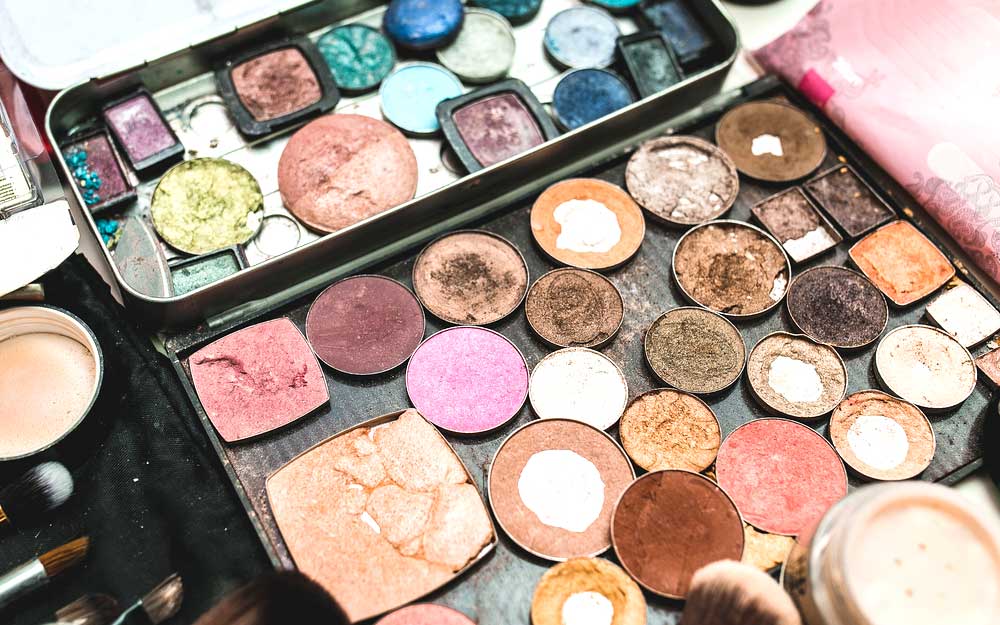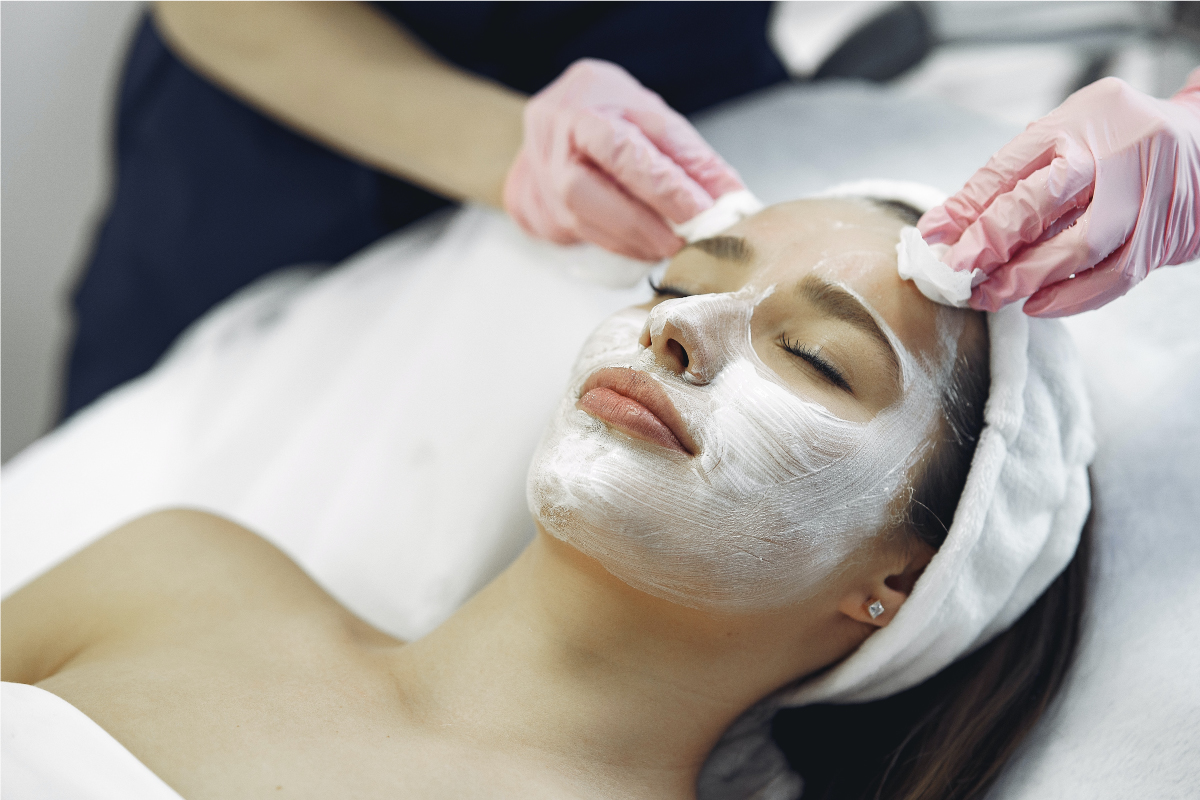6. They add in antioxidants
While antioxidants are helpful year-round, they are particularly important during the summer, when stronger UV RAYS CAN DAMAGE UNPROTECTED SKIN.
“Not only can too much sun lead to direct DNA damage, but it can also break down collagen and elastin, due to UV-induced free radicals,” explains Dr. Shainhouse. Free radicals, highly destructive molecules in the environment, can also wreak havoc on your skin.
Apply an antioxidant serum, such as vitamin C, in the morning, after cleansing your face and underneath your sunscreen, can help strengthen the skin barrier to make it less susceptible to these ENVIRONMENTAL FACTORS.
7. They use a more acidic or astringent cleanser
As the days warm up, a slightly more acidic cleanser will help to control shine and sweat more efficiently.
“This is particularly true as spring days become much warmer in the afternoon than the morning,” says Dr. Jegasothy. “Your cleanser should keep your skin clean and sweat-free throughout the day, which a more acidic cleanser is likely to do.”
8. They cut back on the retinol
The fountain-of-youth potion that promises to reduce fine lines and wrinkles, strengthen the skin barrier, and even out your skin tone is safe to use year-round but CAN MAKE YOUR SKIN MORE SUN-SENSITIVE.
“This hypersensitivity has to do with the way retinol works on your skin,” explains Joel Schlessinger. “Retinol boosts cell turnover, which means it eliminates dead skin cells and replaces it with new ones—and these healthy, new cells are more sensitive and prone to burning from the sun’s rays.”
You can still use retinol during the spring and summer months, just try to APPLY AT BEDTIME instead of in the morning.
“If you do get irritated by retinol use, reduce the frequency to only one or two times a week,” suggests Dr. Shainhouse. “And be sure to wear enough sunscreen during the day and a wide-brimmed hat to reduce sun exposure on your face.”
9. They freshen up from the heat with mists
Throughout the day we collect and spread bacteria all over our face, but even more so in the warmer and hotter months when sweat traps that bacteria and we’re more prone to wiping it off with unwashed hands.
“I like facial mists with hypochlorous acid because it has been known to fight bacteria and help cleanse the skin,” says Dr. Engelman. “As an antimicrobial and antiviral, hypochlorous acid also stimulates healing by signalling oxygenation and epithelial knitting, while working to decrease scarring.”
10. They use sunflower seed oil to soothe eczema
Up to 10 percent of adults have eczema, an inflammation of the skin that results in scaly red patches. The condition may be more prevalent in the spring.
“People tend to flare up if they have eczema, especially if they’re outside,” says Dr. Bowe. “Sunflower seed oil is an amazing remedy for that.”
For a mild flare-up, apply sunflower seed oil before bed. If your skin continues to be red or irritated, apply a thin coat every night after showering.
The oil is an anti-inflammatory and helps stimulate the body’s natural production of ceramides, fats that help bolster the skin barrier.
11. They stay ahead of their allergies
SUDDENLY HAVE PUFFY BAGS UNDER YOUR EYES? You didn’t age overnight.
“When people have allergies to pollen or any other environmental allergen, it can create redness and inflammation underneath the eye,” says Dr. Bowe. “When that happens, it makes under-eye bags larger and wrinkles around the eye more pronounced.”
It can also cause stinging or burning around the eyes. Talk to a dermatologist about prescription ingredients that can heal the skin and calm down the inflammation. If you’re prone to allergies, your doctor may recommend preventative practices.
Taking an over-the-counter, non-sedating antihistamine each morning, for example, could help avoid flare-ups. Or try one of these tips for natural allergy relief.
12. They up their SPF game
Along with warmer weather comes longer days with more frequent, and more intense, sunshine.
While every professional will tell you the importance of wearing sunscreen year-round, they all agree that it’s even more important during the warmer months.
“Not only are you spending more time outside in general, but the UVA/UVB rays can be more intense and the damage accumulates over your lifetime,” explains Dr. Engelman. “Incidental sun exposure, even for only 10 to 15 minutes a day, adds up over time and can cause significant sun damage and accelerated photo aging, hyperpigmentation, and wrinkles.
“Using a high-SPF sunscreen—30 SPF at minimum, and 50 SPF ideally—can reduce the accumulation of chronic UV damage that’s linked to non-melanoma skin cancer and aging.” Dr. Engleman adds: “And don’t forget to reapply throughout the day.” Take a look at these dermatologist-approved sunscreens.
13. They trade stocking caps for broad-brimmed hats








